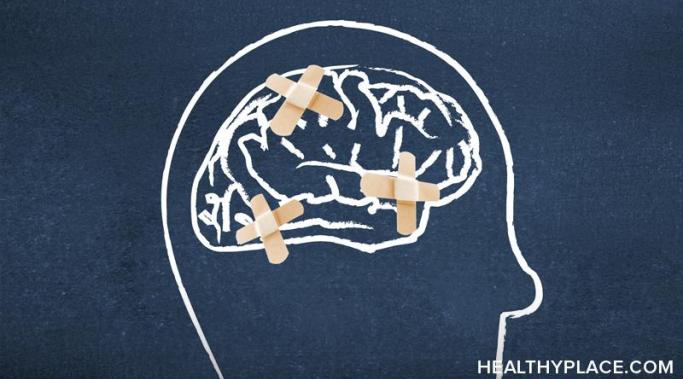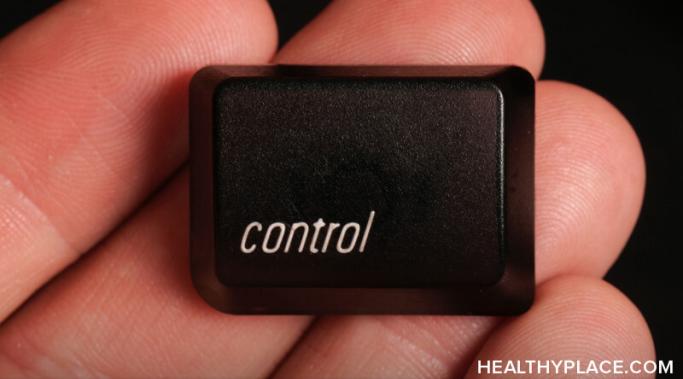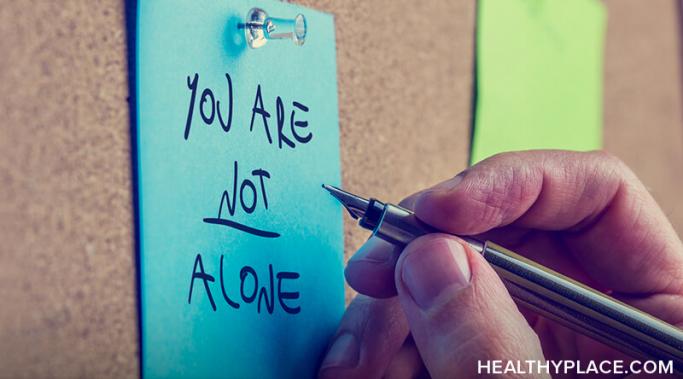If you want to get on my bad side (for a few weeks, at least), appropriating my mental health is the swiftest and surest way to land yourself there. When I use the word "appropriate" I mean the seizing and claiming of something for oneself, in this context, a mental disorder.
Friend Relationships
Years ago, I was the queen of passivity, but the dialectical behavior therapy (DBT) FAST skill helped me overcome it. It used to be that I avoided conflict and difficult conversations at all costs and refused to put my needs and desires first. I would come up with scripts in my head of what to say; however, as soon as an intense conversation would begin, I felt my self-respect fade away ("Show Yourself Respect: How to Communicate with Confidence"). I wished that I could trade in my copious amounts of passivity for self-respect, but something always got in the way. Fortunately, in the past year, I have learned how to maintain self-respect during a conflict by following a few simple steps set out by the DBT FAST skill.
I wish I knew better when my friend was suicidal. I was 12 years old. My brown curls were cut into sharp bangs that crossed my forehead, identical to the bangs of my best friend who sat facing me. She didn't look any different from the last time I saw her, still pale, still skinny. She wore a sweatshirt. And under the sleeves of that sweatshirt, I knew there were scars up and down the length of her arms. Three weeks prior, my friend was suicidal and she made her most recent suicide attempt. It was not her first nor her last. (Note: This post contains a trigger warning.)
I learned that relationships in depression are so important when my doctor prescribed prednisone to treat my autoimmune disease. Although he talked about its side effects, he failed to include depression as one of them. The first time I took the drug was an unpredictable blow that wreaked havoc on my life and my relationships.
You can cope with eating disorder triggers even though, as I often describe an eating disorder, there is a stubborn, little monster in the back of your head. It may lay dormant for days, months, even years, but when it arises, it wreaks havoc.
Although many people struggle to set boundaries in relationships, doing so can drastically improve your mental health in the long run. For years, I would passively agree to anything that anyone asked of me. If I wanted to say no, my anxiety and depression would infiltrate into my thoughts, telling me that I had to go above and beyond to make people approve of me. I was seeking approval and admiration in the least healthy ways, and this began to take a toll on my mental health. Eventually, I felt empty. Setting boundaries in relationships has a lot to do with self-care, in my opinion. If you are feeling burnt out from a lack of pre-set limits, you are swiftly losing your emotional energy and potentially your sense of self.
Anxiety made me "that annoying friend" early in life. I vividly remember the first time that my generalized anxiety disorder (GAD) inserted itself, without invitation, into my relationships. I was in third grade, playing in the sandbox during recess when I found out that Jess (names changed) had invited Katrina to see the new Shrek movie but hadn't extended the invitation to me. I remember being devastated and insecure. For the remainder of recess, I moped around the chain-link fence by myself, kicking up patches of dirt while negative thoughts swarmed my head. Why hadn't she invited me? What was wrong with me? These tentative thoughts soon turned into statements taken as fact. My friends hate me. Nobody likes me. I am an annoying friend and useless. I didn't talk to anyone else for the rest of that day.
I experience social life problems as a man in my 30s. It is hard to create a meaningful social life as an adult under the best of circumstances. It was different as a child or in college, when one was already surrounded by numerous peers, all searching for similar things. At this point in life, meeting new people is hard. For me, as a 30-something single man, it is especially difficult to meet people at the same point in their journeys as I am. Here are some of my social life problems and what I'm doing about them.
Your struggle with mental illness can be a very hard topic to bring up. Even after years of practice, I struggle with exactly when to talk to people about my mental illness. Here are some lessons I have learned, and some tactics that have worked for me when considering bringing up my struggle with mental illness.
When your roommate has bipolar disorder, there are things to consider. Though the effects of mental illness affect those who suffer most acutely, they also cause significant consequences to those friends and family. Those effects can be felt more acutely by those who live with someone suffering with a mental illness. When your roommate has bipolar disorder -- or any other mental illness -- they may, unwittingly, be responsible for taking care of you and managing their own reactions to your symptoms (Effects of Bipolar Disorder on Family and Friends).









